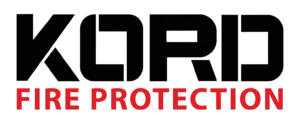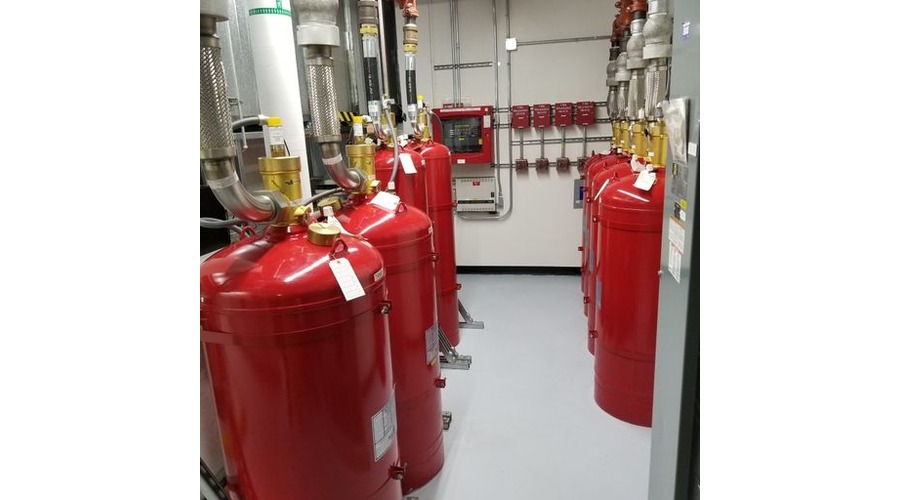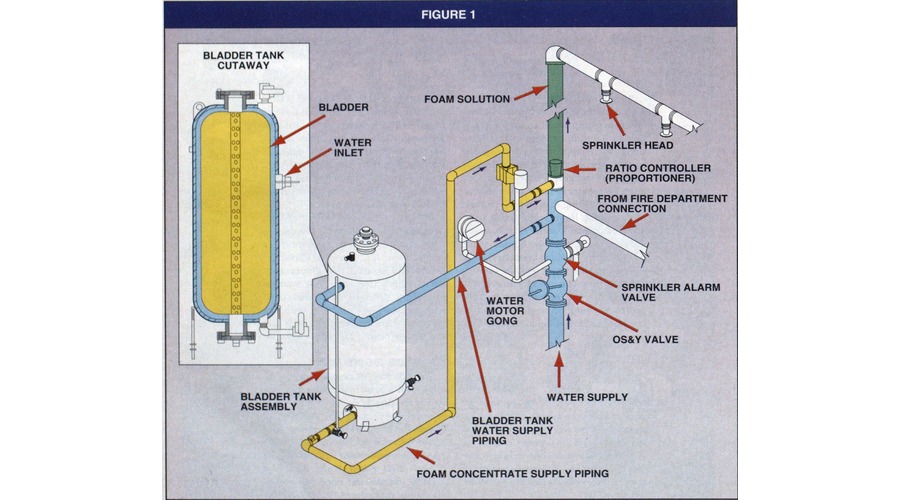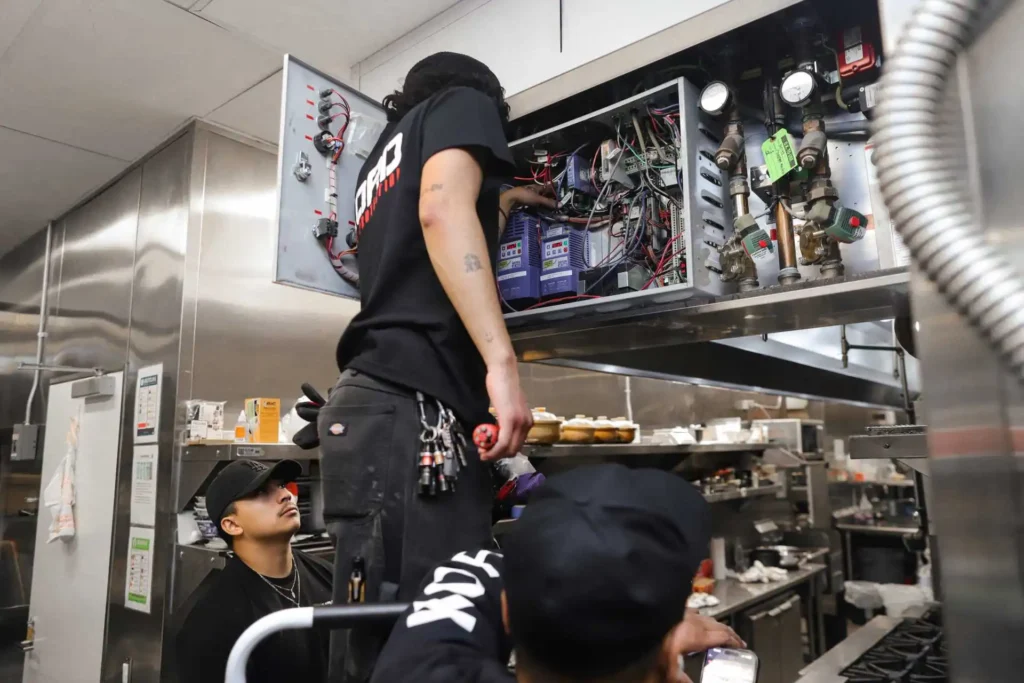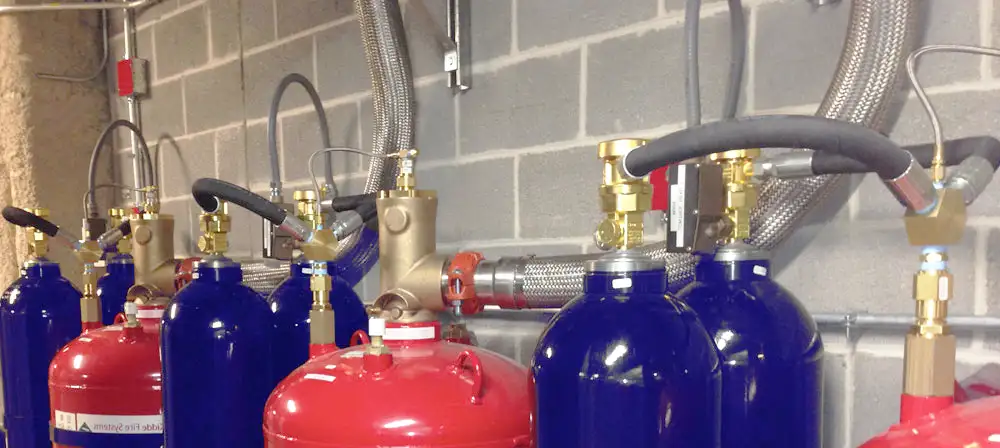

Introduction: Fire suppression systems are vital for safeguarding buildings and their occupants during fire emergencies. Each type of system serves distinct purposes based on the unique assets and occupants within a structure. In this guide, we’ll provide an overview of various fire suppression systems, their benefits, and when to use them. For personalized guidance on selecting the ideal fire protection system, consult the experts at Majestic Fire, serving Los Angeles and Southern California for over 20 years.
Types of Fire Suppression Systems:
1. Chemical Clean Agent Suppression System:
- Ideal for settings with sensitive equipment.
- Incompatible with water suppression.
- Utilizes clean agents like Novec 1230 for quick and residue-free fire extinguishment.
- Ensures high safety ratings for human occupants.
2. CO2 Suppression System:
- Uses pressurized carbon dioxide to extinguish fires.
- Asphyxiates fires by reducing oxygen levels.
- Recommended for isolated settings inaccessible to people due to potential harm.
3. Inert Gas Suppression System:
- Operates similarly to CO2 suppression.
- Utilizes inert gases (e.g., nitrogen, argon, helium) to deprive fires of oxygen.
- Safe for use in spaces with machinery, equipment, and people.
- Environmentally friendly compared to chemical agents.
4. Water Mist Suppression System:
- Cost-effective and environmentally friendly.
- Suitable for many residential and commercial settings.
- Uses minimal water, reducing the risk of collateral damage.
- Not recommended for settings with sensitive equipment.
- Connected to building’s water supply or dedicated tank.
It is important to evaluate several key factors before you choose a fire suppression system. The nature of the building, the types of assets at risk, and the likelihood of human presence all play critical roles in determining which system is the most appropriate. For example, suppose the environment is to have a high concentration of electronic equipment. In that case, it might benefit more from a clean agent system, whereas a CO2 system might be better suited for unoccupied industrial areas. Another factor to consider is the cost of installation and maintenance, as well as compliance with local fire safety regulations. Consult with a fire safety professional before you start the decision-making process.
Key Considerations:
All in all, remember that the key to effective fire safety is selecting a system that suits your property’s specific needs and maintaining it regularly to ensure optimal performance in an emergency.
Suppression System FAQs
Get Top-Rated Fire Suppression Solutions!
For expert guidance on choosing the most appropriate fire suppression system for your needs, trust the certified technicians at Kord Fire. Our extensive experience in fire protection, including fire pump inspections, testing, and maintenance, makes us the premier choice for Los Angeles and Southern California. Contact us today to ensure your property’s safety and compliance with fire protection standards.
